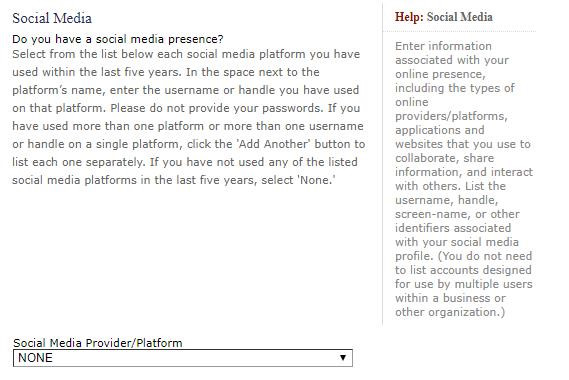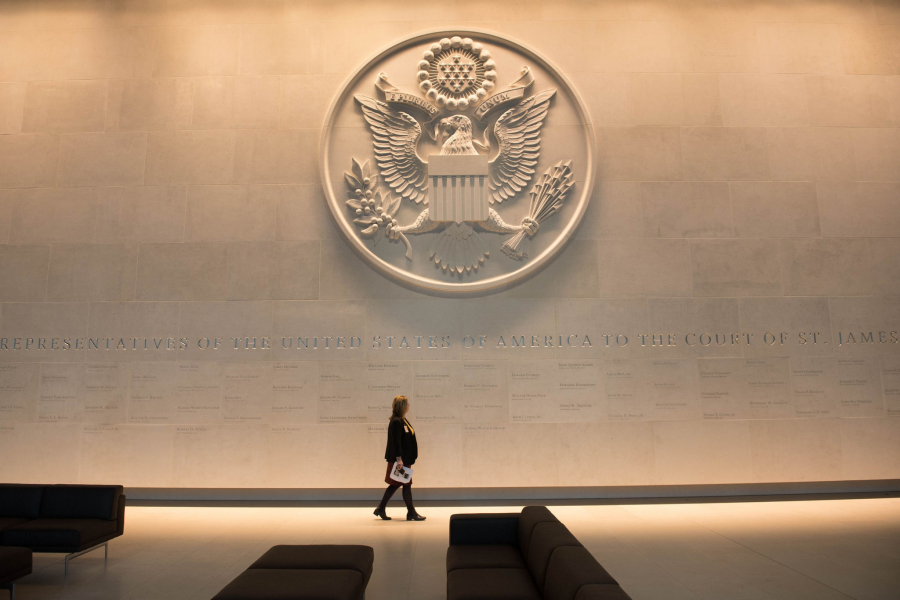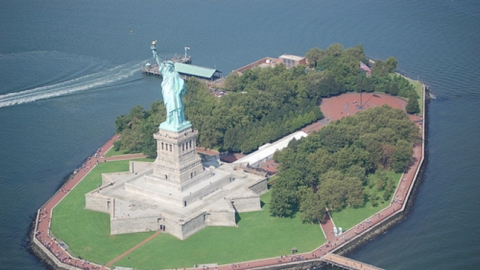Social media account information will give the government access to images, locations, birth dates, milestones, and other personal data commonly shared on a visa applicant's social media. Disclosing social media accounts can help screen for terrorists and other dangerous individuals seeking to immigrate to the United States.

The new regulations apply to most US visa applications, including those for temporary stays. Applicants are required to provide their active social media accounts in a drop-down menu when filling out the application, along with other personal information.
According to a representative from the U.S. State Department, applicants for U.S. visas are also required to provide certain contact information, such as: five phone numbers used in the past five years, email address, travel history, information about family members involved in terrorist activities, and previous residential addresses. "We are working to find ways to improve our screening process to protect U.S. citizens while supporting legitimate travel to the United States."
This move represents an improvement over the measure introduced in September 2017, in which the Department of Homeland Security proposed and issued a regulation calling for monitoring the social media use of all immigrants, including naturalized citizens. During the Obama administration, the State Department began requiring visa applicants to voluntarily submit their social media account information.
"The new regulations are a significant step in strengthening and tightening controls on foreign nationals entering the United States," Hill TV quoted a State Department official as saying.
Applicants for a U.S. visa can declare that they do not use social media if that is true. "However, those who do not declare truthfully may face serious consequences," a U.S. State Department official said.

Many people are concerned about the violation of their personal privacy. This will also create a significant psychological barrier for those intending to immigrate to the United States.
According to Stuff, approximately 14 million tourists and 710,000 immigrants enter the United States each year. Therefore, the screening process for those entering the US will be more stringent.
This new regulation stems from an executive order signed by President Donald Trump in March 2017. At that time, President Trump instructed the Secretary of State, the Attorney General, the Secretary of Homeland Security, and the Director of National Intelligence to implement a standardized screening system, as part of the executive order titled "Protecting the Nation from Foreign Terrorist Entry into the United States."

 VI
VI EN
EN






























